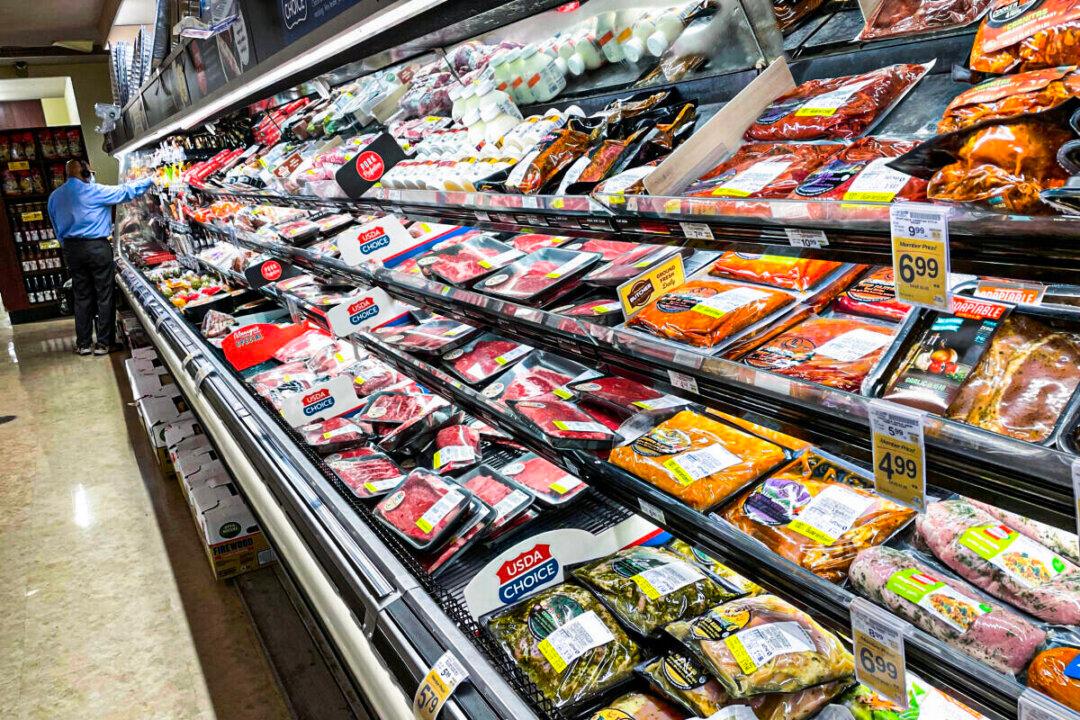Congressional lawmakers questioned the chief executives of some of the biggest beef producers across the United States during a House hearing on Wednesday amid allegations that they engaged in unfair practices that drove down prices for cattle producers and increased the cost of meat for consumers.
The CEOs of the four multinational corporations—National Beef Packing Company, JBS USA, Cargill, and Tyson Foods—testified before the House Agriculture Committee shortly after President Joe Biden criticized them in his State of the Union address in March.




